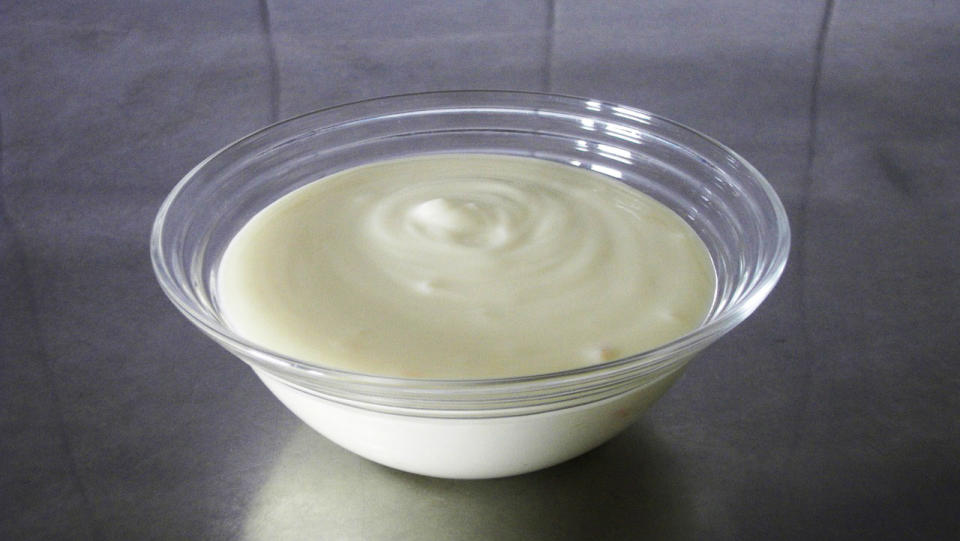How beneficial are probiotics for your health?

Probiotics are living microorganisms, mostly bacteria, which are added to foods and beverages for their health benefits, or taken as dietary supplements. According to WebMD, common foods containing probiotics include yogurt, miso soup, soft cheese and tempeh.
Probiotics work primarily by replacing the ‘good’ bacteria in your gut and restoring the balance between the ‘good’ and ‘bad’ bacteria. This ‘good’ bacteria is typically of two types, Lactobacillus and Bifidobacterium, of which Lactobacillus is the most common. The yeast Saccharomyces boulardii also acts like a probiotic.
Nobel laureate Elie Metchnikoff, known as the “father of probiotics”, introduced the concept of beneficial microorganisms in the early 20th century. Today, probiotics have become big business worldwide, and are being promoted for their myriad health benefits, such as boosting immunity and treating gastrointestinal and skin problems.

However, there is insufficient scientific evidence to substantiate all the health claims associated with probiotics, says the National Center for Complementary and Integrative Health (NCCIH) in the United States.
While probiotics have not been proven to boost your immune system or help in the treatment of eczema, they have been found to be beneficial for the following conditions:
Diarrhoea: Research suggests that probiotics can help shorten episodes of diarrhoea caused by an infection, and prevent antibiotics-associated diarrhoea in children.
Irritable bowel syndrome: Probiotics can help improve IBS symptoms such as bloating and flatulence.
Lactose intolerance: Probiotics such as Lactobacillus acidophilus can help reduce stomach cramps, flatulence and diarrhoea associated with lactose intolerance.

“In people who are generally healthy, probiotics have a good safety record. The people who are most at risk of severe side effects include critically ill patients, those who have had surgery, very sick infants, and people with weakened immune systems,” says NCCIH.
If you are generally healthy and want to try out probiotic products such as yoghurts and fermented drinks, do look for products with ‘live and active cultures’. Read the label carefully and follow the dosage and storage instructions.
If you’re considering taking a probiotic supplement, it would be advisable to consult your doctor first.
More from the author:
Follow Yahoo Lifestyle Singapore on Facebook.


